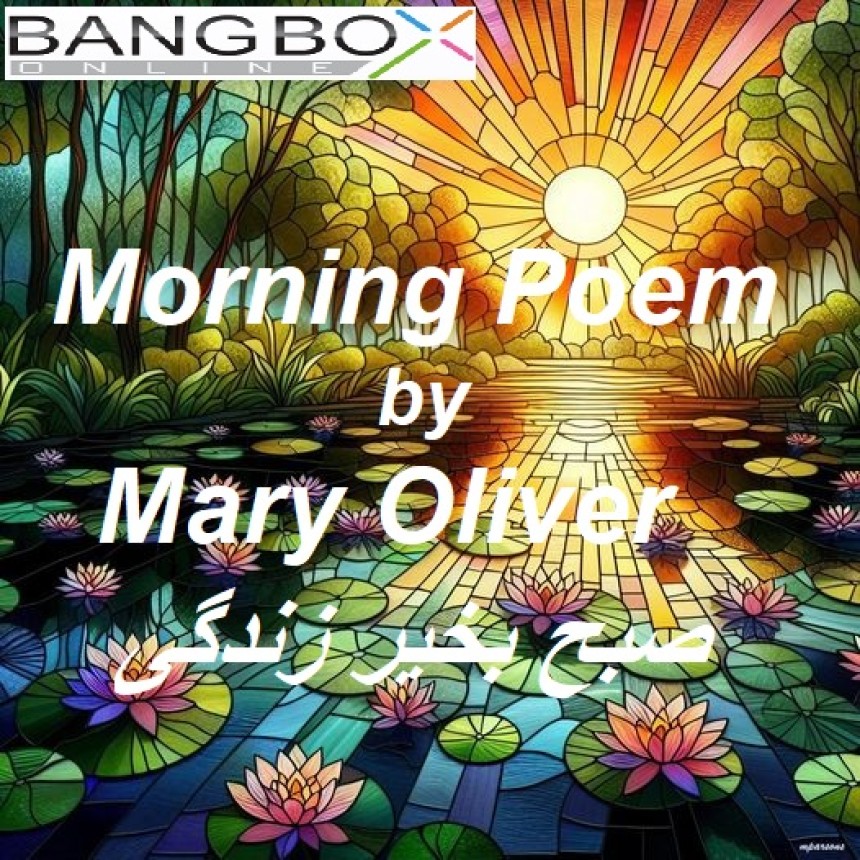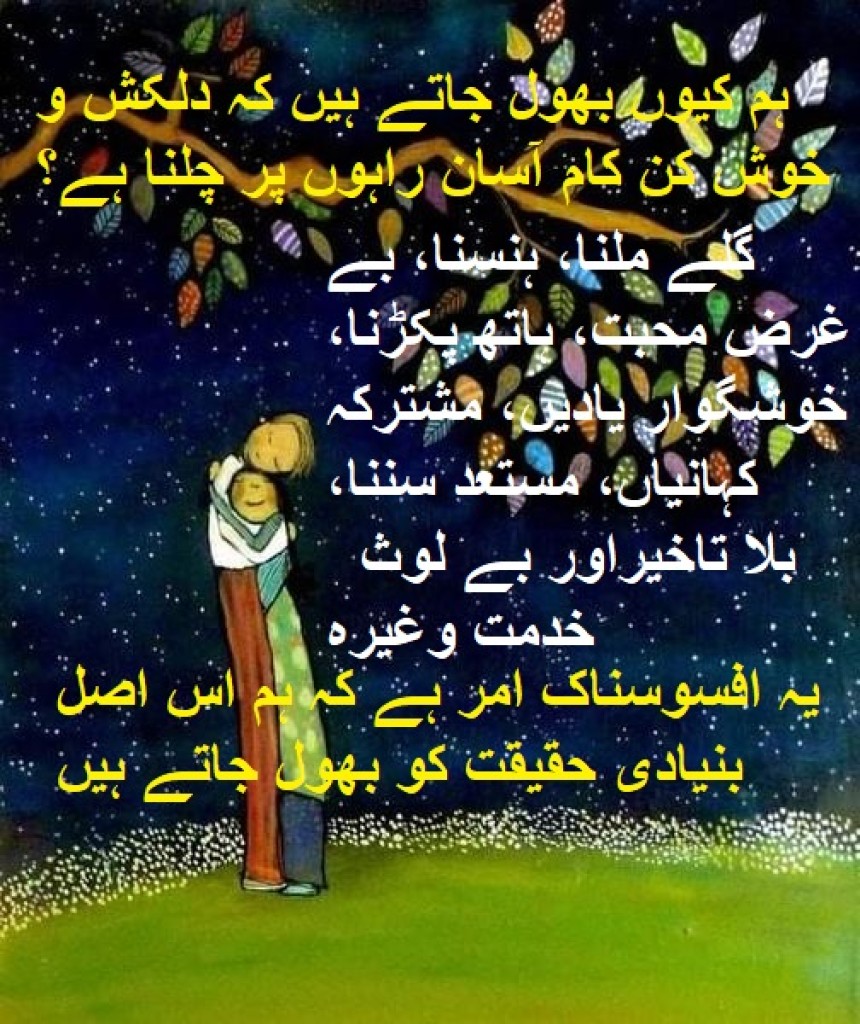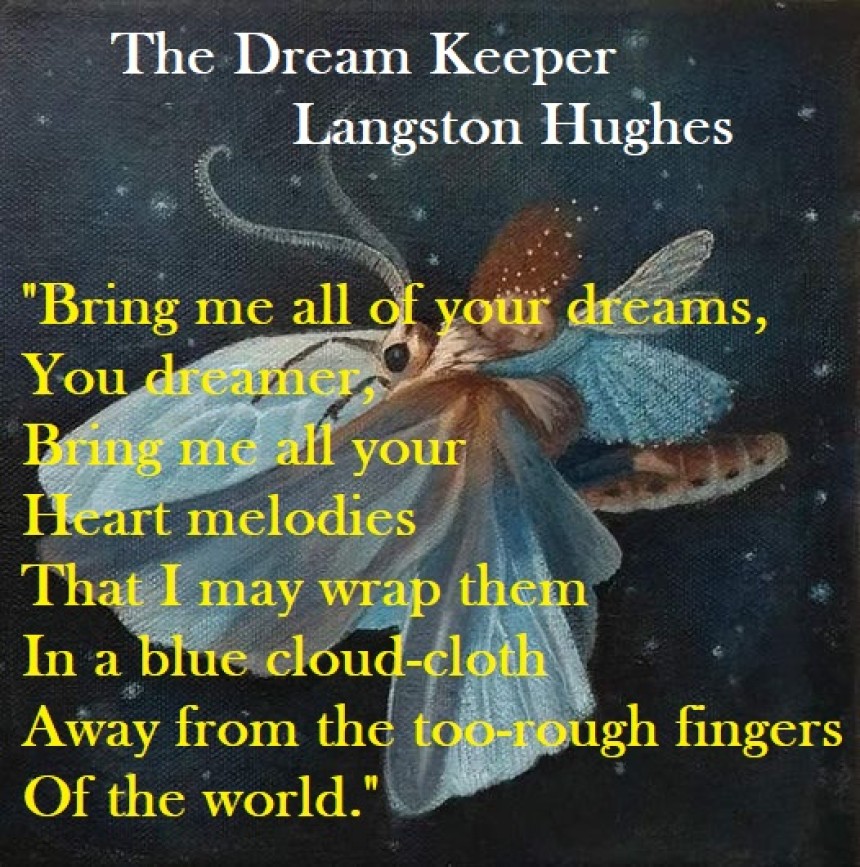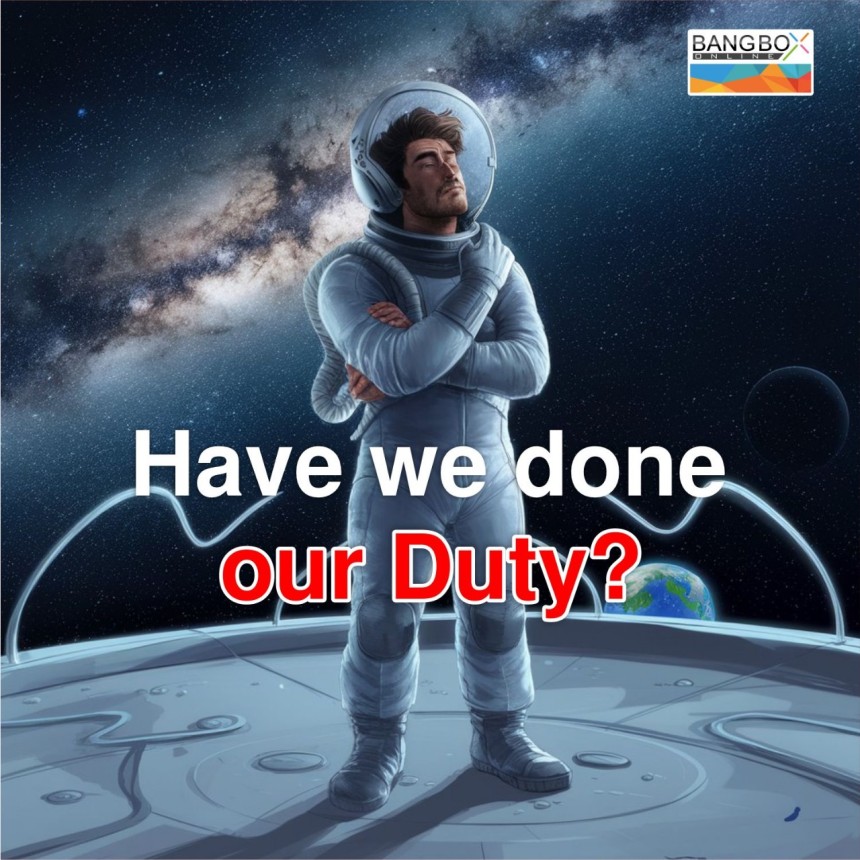
Morning Poem by Mary Oliver: صبح بخیر زندگی
In 'Morning Poem', Mary Oliver uses imagery to speak of new beginnings, highlighting that hope can be found in a new day no matter what. This poem is a hopeful commentary on fresh starts. Let’s be grateful to ALLAH All Mighty for the countless bounties spread across us as we begin our day each Morning. Here, translation in Urdu is also presented صبح بخیر زندگی
"Morning Poem by Mary Oliver"
Every morning
the world
is created.
Under the orange
sticks of the sun
the heaped
ashes of the night
turn into leaves again
and fasten themselves to the high branches–
and the ponds appear
like black cloth
on which are painted islands
of summer lilies.
If it is your nature
to be happy
you will swim away along the soft trails
for hours, your imagination
alighting everywhere.
And if your spirit
carries within it
the thorn
that is heavier than lead–
if it’s all you can do
to keep on trudging–
there is still
somewhere deep within you
a beast shouting that the earth
is exactly what it wanted–
each pond with its blazing lilies
is a prayer heard and answered
lavishly,
every morning,
whether or not
you have ever dared to be happy,
whether or not
you have ever dared to pray.

"صبح بخیر زندگی"
ہر صبح؛ اک نئی دنیا پیدا کی جاتی ہے۔
گگن پر نارنجی سورج کے پھیلائے سنہری کرنوں سے
رات کی چھائی سیاہ چادر میں؛
راکھ کا ڈھیر بنے پتے؛
دوبارہ زندہ ہوجاتے ہیں؛
اور اونچی شاخوں سے لپٹ جاتے ہیں۔
اور تالاب جو نظر آتے ہیں، سیاہ کپڑے کی طرح
جن پر موسم گرما کے "پھول سوسن" کے جزیرے نقش ہوتے ہیں۔
اگر یہ آپ کی فطرت ہے؛ خوش رہنا تو؛
آپ نرم پگڈنڈیوں کے ساتھ ساتھ تیر تے جائیں گے؛
لامتناہی ساعتوں کے لیے،
آپ کا تخیل آپ کی روح کو لیے
شاداں و فرحاں گھومتا رہےگا۔
لیکن کہیں آپ کے اندر ایک کانٹا ہے؛
جو سیسہ سے زیادہ بھاری ہے، تو
اگر آپ صرف یہ کر سکتے ہیں کہ چلتے رہیں، چلتے رہیں؛
تو یقینا" آپ کے اندر کہیں گہرائی میں
وحشت چیخ اٹھے گی کہ
زمین بالکل ویسی ہی ہے جیسا کہ آپ چاہتے ہیں۔
ہر صبح، تالاب میں بسنتی سوسنوں کی سنگت
ایک دعا ہے جو سنی گئی اور منظور کی گئی ہے؛
شاہانہ انداز میں؛ شانِ ربوبیت کے ساتھ ۔
آپ نے کبھی خوش رہنے کی ہمت کی ہے؛ ہاں یا نا ؟
کیا آپ نے کبھی دعا کرنے کی ہمت کی ہے؛ ہاں یا نا ؟
ترجمہ از محمد آصف رضا




Rajbet Login: Your One-Stop Source for Sports Betting Information
Rajbet Login distinct characteristics and user-oriented interface made the brand very popu...
